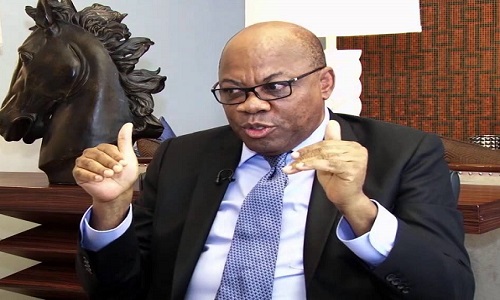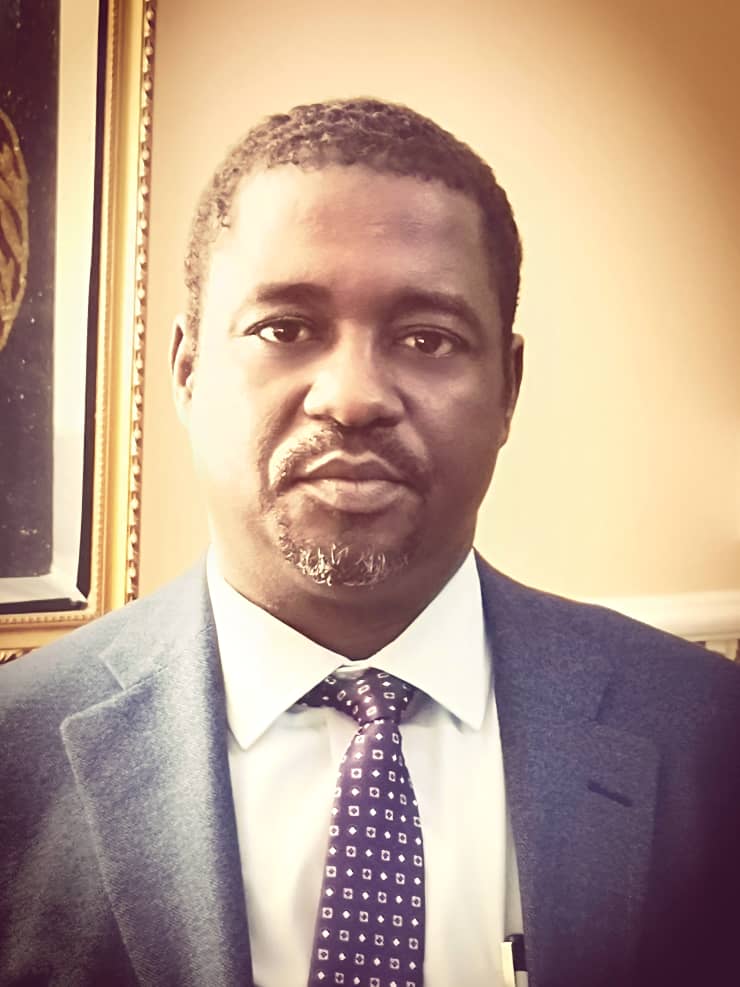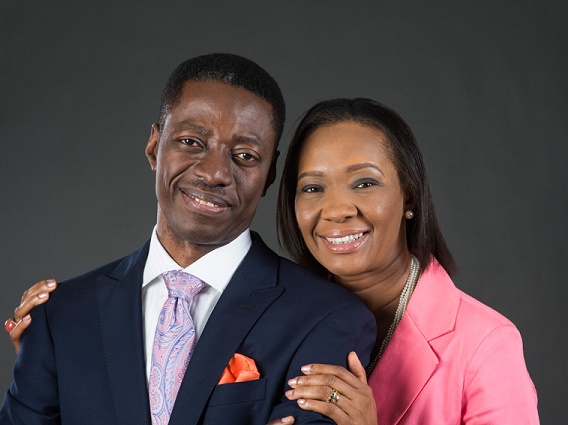Olisa Agbakoba, senior advocate of Nigeria (SAN), says for Nigeria to make progress it needs to return to regional autonomy.
Nigeria had a devolved governance system in the early 60s which gave the regions autonomy. The country practised parliamentary system of government at the time.
In a letter dated February 2 and addressed to President Muhammadu Buhari, the lawyer said the present administrative model has proved to be unsuccessful and that only a return to regional autonomy can resolve Nigeria’s diversity challenge.
Agbakoba said Nigeria lacks common fundamentals that can enhance unity.
Advertisement
“It is my honour and privilege to present to you, for consideration a proposal on regional autonomy and devolution of powers,” Agbakoba said.
“Common Fundamentals are policy goals in the political, economic, cultural, religious and social affairs of a nation that often must be similar to achieve political cohesion. These Common ideals are, usually taken for granted, but remain central to effective governance and development of Nations. The notion of missing fundamentals are at opposite poles and refer to an absence of common political objectives on vital national policy.
“Kjell Magne Bondevik, once Norwegian Prime Minister, attributed Norway’s success to its political homogeneity. That is Norwegians have common national identity that drives their political and economic stability. China, India, Taiwan and Singapore also have common fundamentals. China is significantly Han so is Singapore and Taiwan.
Advertisement
“Nigeria, on the other hand, has no National Fundamentals. Diverse religious, cultural and ethnic backgrounds severely impair our ability to work together. The challenge is to resolve our diversity in harmony. This needs deliberate policy choices to create unity in diversity. This was the central theme of our old national anthem.
“Unfortunately, our policy choices have resulted in very divisive dialogue. We cannot agree on a mode of a federal political system. We continue to raise issues around our differences – the dilemma of missing fundamentals. We can only make progress by understanding and embracing our challenges.”
Agbakoba said the process of regional autonomy and devolved powers can be achieved by virtue of an enactment-styled constitution alteration (regional autonomy and devolution of powers) bill, adding that it is the only way to stabilise Nigeria.
“In Nigeria’s case, we have not unfortunately managed the challenge of diversity. Brought together by force of amalgamation in 1914, it was not until 1951 that the first attempt to manage our diversity occurred. There was self-rule in three regions – Northern, Eastern, Western and eventually Mid-West Region,” the lawyer said.
Advertisement
“By aggregation of discussion among our founding fathers, they understood the need to manage unity in diversity by devolved political authority. But this all came to a halt with military rule in 1966, with the unification and centralization of our political processes. We are still stuck with a highly centralized Federation.
“Nigeria is made up of multi-ethnic nations managed by a central authority. This model has proved unsuccessful. Europe understood that diversity is best managed by regional autonomy. Switzerland has four ethnic groups. Each of them shares the Presidency through four cantons that make up their federating units.
“Political power resides in Abuja to the almost complete exclusion of the 36 states and 774 Local Governments. As a result, we are projecting our missing fundamentals. But we can readily and easily resolve this challenge.
“We must return to the notion of devolution of powers and regional autonomy. Regional autonomy resolves our diversity challenge. More important, it allows subsidiarity to deliver public service at the base of the nation. I was intrigued by the extent of devolved power in the western region under self-rule in 1951.”
Advertisement
Add a comment







